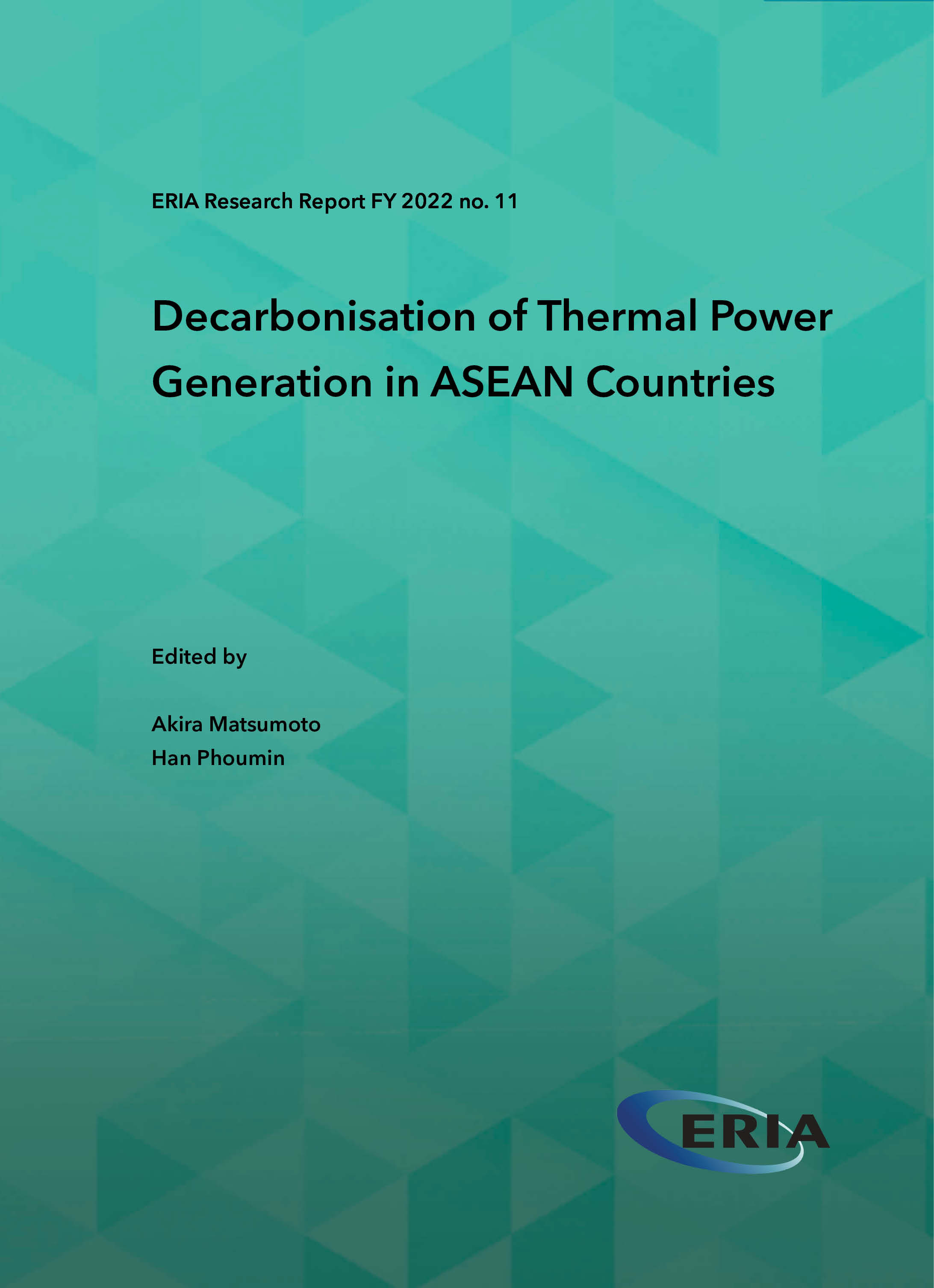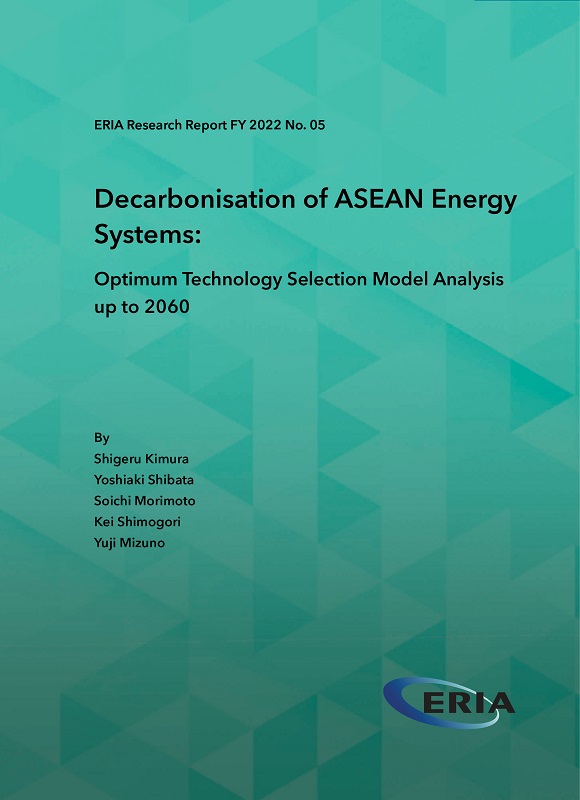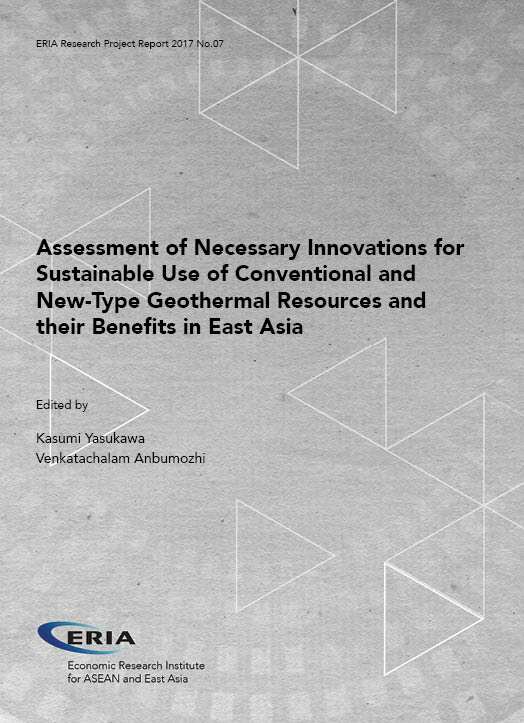Decarbonisation of Thermal Power Generation in ASEAN Countries

Date:
25 October 2022Type:
Research Project ReportsTags:
Thermal Generation, Energy, Indonesia, Malaysia, Philippines, Thailand, Viet NamPrint Article:
The study on, ‘Decarbonisation of Thermal Power Generation in ASEAN Countries’ analyses the potential carbon dioxide (CO2) reduction that may be achieved through ammonia co-firing in coal-fired power generation. The study suggests addressing several challenges so the potential benefits of utilising fuel ammonia in ASEAN for co-combustion with coal-fired power generation can be fully enjoyed. The study points to the need for developing large-scale infrastructures for the use of ammonia as a fuel and bringing down the supply cost of ammonia. Furthermore, health, safety, and the environment in ammonia supply must be ensured and considered as ammonia is a toxic substance and must be handled with great care by operators with specialised knowledge. The study also considers the possibility of technology innovation for ammonia production and utilisation of existing facilities to deliver and store ammonia.
Full Report
Decarbonisation of Thermal Power Generation in ASEAN Countries
Contents
Chapter 1: Decarbonisation Initiatives of ASEAN Countries
Chapter 2: Utilisation of Ammonia for Decarbonisation
Chapter 3: Potential of Ammonia Co-firing in ASEAN Countries




